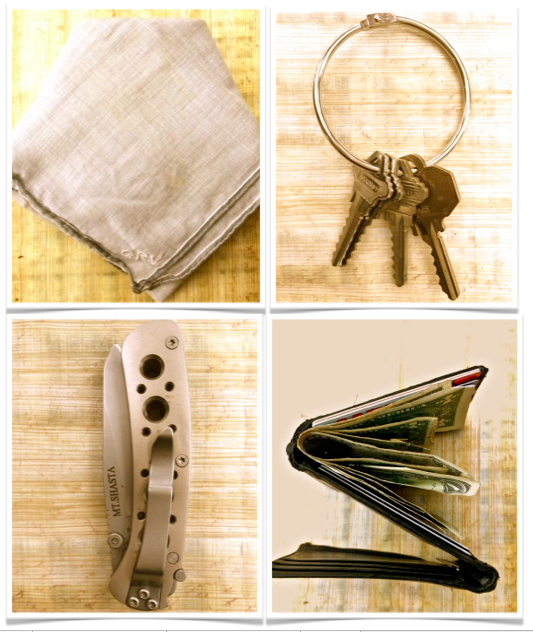
by James McGinn, LPC, NCC
“My mom had always been fiercely independent and self-sufficient all of her life,” said Deborah, who, like many of my clients, was struggling with the increasing dependence of her elderly parent. Deborah’s mom, Helen, had been a proofreader for Springfield’s Republican newspaper for decades. Although her retirement in 1986 was bittersweet, Helen was at least partially comforted by her lifelong passion for reading, which brought her to the local library several times each week. As Helen grew older and less mobile, her library sojourns became less frequent, but, fortunately, the librarian with whom she’d built a friendship would drop books off at Helen’s home on her way to or from work.
Sometime around the year 2000, when Helen was in her early 70s, she began to experience distortions in her vision that was eventually diagnosed as macular degeneration, a progressive worsening of the eyesight due to retinal damage that accompanies old age. Macular degeneration can be slowed with vitamins and supplements but has no medical or surgical cure — blindness is the unfortunate prognosis. It’s a disease that regularly impacts millions of people around the world, but it hit Helen particularly hard. Reading had always been her refuge: she’d been able to compensate for the deterioration of other abilities and functions by maintaining an active mind through her love of books, as well as by completing the crossword puzzles in the newspaper everyday. Now, however, with her sight degrading, Helen was at a loss as to how she would cope with her steadily increasing limitations and maintain what little independence she had left.
Deborah had been an active support for her mom for some time, assisting her with errands and transportation needs, but she decided it was time to take on more responsibility for Helen’s daily care. While the obvious solution in cases like this is for the child, or children, to step in as the primary caregiver, it’s a complex and stressful arrangement to say the least. In addition to handling a multitude of duties on behalf of an aging loved one, a caregiver must also contend with the reversal of the parent-child dynamic, as well as the parent’s emotional response to losing their independence and stature. In other words, aside from supervising Helen’s finances, medical treatment, and daily routine, Deborah also had to face Helen’s injured psyche, which the older woman often expressed as criticism and displeasure with her daughter’s decisions.
Continue Reading















